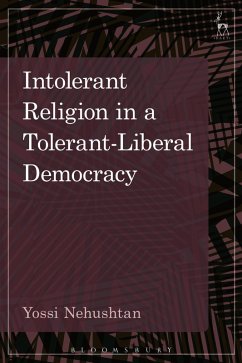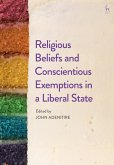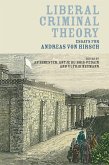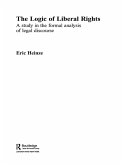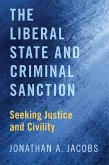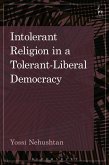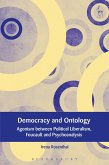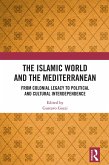This book aims to examine and critically analyse the role that religion has and should have in the public and legal sphere. The main purpose of the book is to explain why religion, on the whole, should not be tolerated in a tolerant-liberal democracy and to describe exactly how it should not be tolerated - mainly by addressing legal issues.
The main arguments of the book are, first, that as a general rule illiberal intolerance should not be tolerated; secondly, that there are meaningful, unique links between religion and intolerance, and between holding religious beliefs and holding intolerant views (and ultimately acting upon these views); and thirdly, that the religiosity of a legal claim is normally a reason, although not necessarily a prevailing one, not to accept that claim.
The main arguments of the book are, first, that as a general rule illiberal intolerance should not be tolerated; secondly, that there are meaningful, unique links between religion and intolerance, and between holding religious beliefs and holding intolerant views (and ultimately acting upon these views); and thirdly, that the religiosity of a legal claim is normally a reason, although not necessarily a prevailing one, not to accept that claim.

